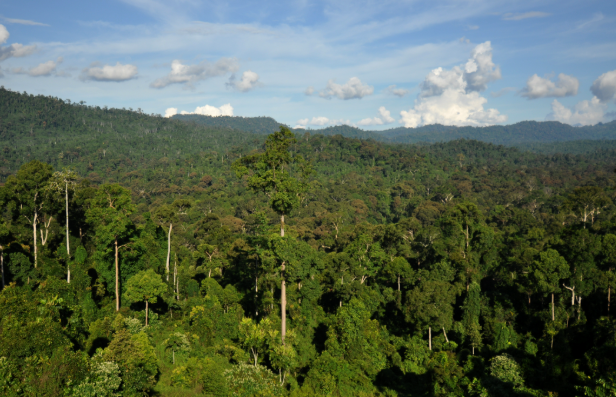BlogHear News | May 28, 2025
Hamm, Germany — A German court has dismissed a landmark climate lawsuit filed by Peruvian farmer Saúl Luciano Lliuya against energy giant RWE, ending a decade-long legal battle that sparked global attention among climate activists.
The Higher Regional Court in Hamm ruled on Wednesday that the flood risk to Mr. Lliuya’s home in Huaraz, Peru, was not sufficient to justify damages. The decision blocks the case from proceeding and does not allow for further appeals.
Mr. Lliuya had argued that RWE’s historical carbon emissions contributed to the melting of glaciers in the Peruvian Andes, significantly increasing the risk of flooding from Lake Palcacocha, located above his hometown. He sought €17,000 (approx. £14,250) in damages to support the construction of a local flood defense project.
RWE Responds to Lawsuit
RWE, one of Europe’s largest energy producers, denied responsibility, noting it has no direct operations in Peru and questioned why it was singled out. The company emphasized its ongoing transition away from coal and its commitment to become carbon neutral by 2040.
A Legal and Symbolic Battle
Though Mr. Lliuya’s claim was financially modest, the case became a symbol of environmental accountability. In 2017, it made legal history when the Hamm court allowed the case to move forward—recognizing for the first time in German legal precedent that private companies could be held liable for climate-related damage.
His legal team argued that RWE was responsible for 0.5% of historical global carbon emissions, and should therefore contribute a proportional share of the $3.5 million needed for the flood barrier.
Despite the dismissal, the court’s acknowledgment that large-scale emitters could be held civilly liable for climate-related risks is being viewed by activists as a step forward.
Climate Advocates Claim Partial Victory
Environmental group Germanwatch, which supported Mr. Lliuya’s case, welcomed the ruling as a “legal breakthrough.”
“Although the court dismissed the specific claim, it confirmed for the first time that major emitters can be held liable under German civil law for risks resulting from climate change,” the group said in a statement. “This sets a precedent that could influence similar lawsuits worldwide.”
Mr. Lliuya, a 44-year-old mountain guide and farmer, said he brought the case after witnessing firsthand the effects of glacial retreat in the Andes. Studies have shown that Lake Palcacocha now contains four times more water than it did in 2003, posing a serious threat if the surrounding glacier collapses.
Looking Ahead
Mr. Lliuya’s legal team expressed disappointment over the outcome but praised the court’s recognition of corporate responsibility in the climate crisis. His lawyer, Roda Verheyen, called the case “a moment of truth” that will resonate in future litigation across jurisdictions.
Activists and environmental law experts say the court’s findings—though not in Mr. Lliuya’s favor—may still influence upcoming climate accountability cases, particularly those involving multinational corporations and the disproportionate impacts of climate change on the Global South.
For more climate news, legal updates, and global environmental coverage, visit BlogHear.com — your trusted voice in today’s climate conversation.




